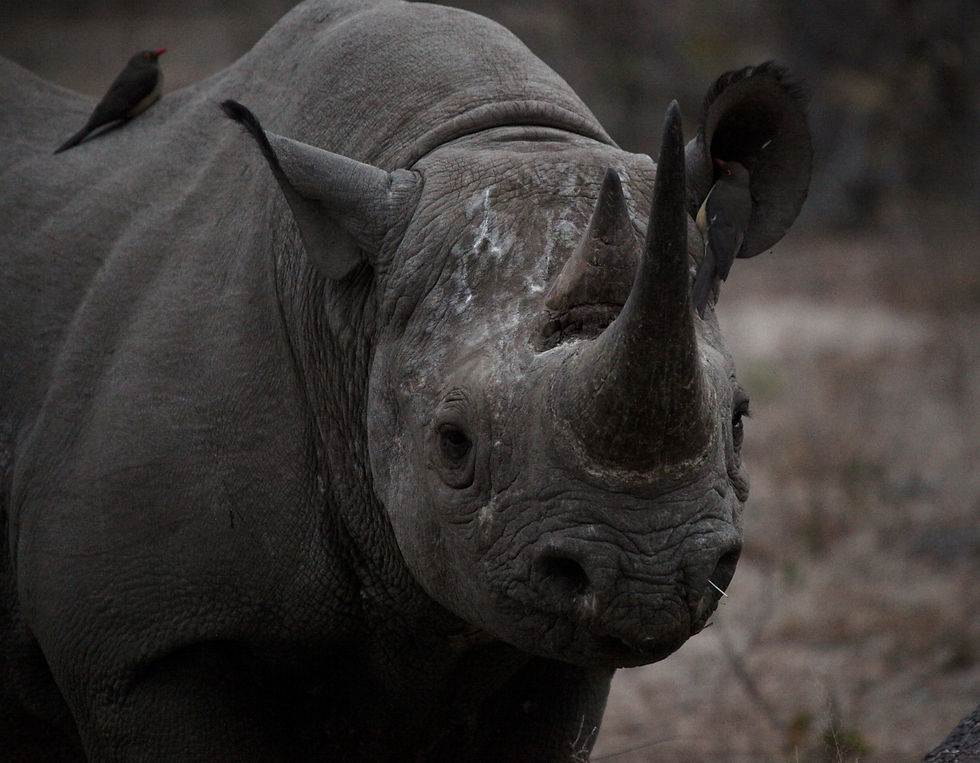Rare Sighting Of Endangered Black Leopard
- Mar 6, 2019
- 2 min read
Updated: Aug 2, 2019
Ellie Chivers on the elusive black leopard which has made a surprise appearance in Kenya.

Photo by Oleg Magni
Unicorns, phoenixes, mermaids – all animals of great mythical legend. And scientists had started to think the same about melanistic leopards…until Nick Pilford came across some pretty indisputable evidence.
Since 1909, the only proof that these majestic animals roam the earth came from a photo snapped by Addis Ababa in Ethiopia. Now, thanks to some camera traps in the Loisaba Conservatory and some excitable scientists on Pilford’s team, we have all the confirmation we need.
Melanistic leopards are incredibly rare, something strongly enforced – much like the recently-rediscovered Ili Pika – by habitat destruction, with their range across Africa slashed by 66%. About 11% of leopards are melanistic. And, also much like the Ili Pika, they are simply beautiful creatures. Melanism is the opposite of albinism, so is the result of a gene that spurs an excess of black pigment on the skin or hair of an animal.
Melanistic leopards are mostly found Southeast Asia where shade is plentiful, thus their melanism provides greater camouflage to hunt their declining prey. Spotting one in Kenya was then, understandably, a bit of a surprise - although sightings in the area had been rumoured, evidence was lacking.
Pilford’s sighting was the first in 100 years in Kenya – where they are dubbed Black Panthers - and this young female cat was found in the shrub lands alongside a leopard thought to be her mother. The mother was normally coloured, so Pilford has suggested melanism does not affect familial bonding.
There are still so many unanswered questions about the animal: for example, is the genetic mutation that causes melanism the same in Southeast Asian leopards and those found in Kenya? Access to the animal is so limited that it may be another 100 years before we truly know the answers. But, cases like these always have an underlying connection: there is always more discover and more to protect. | Tru. 🌱
We are a conscious publication and platform providing social-ethical insight and knowledge about topics that matter | Ethical insight, one place. www.tru.org.uk
We are funded by readers like you. To support our work and journalism, donate here
Sources:
https://www.nationalgeographic.co.uk/animals/2019/02/african-black-leopard-seen-first-time-100-years








Comments